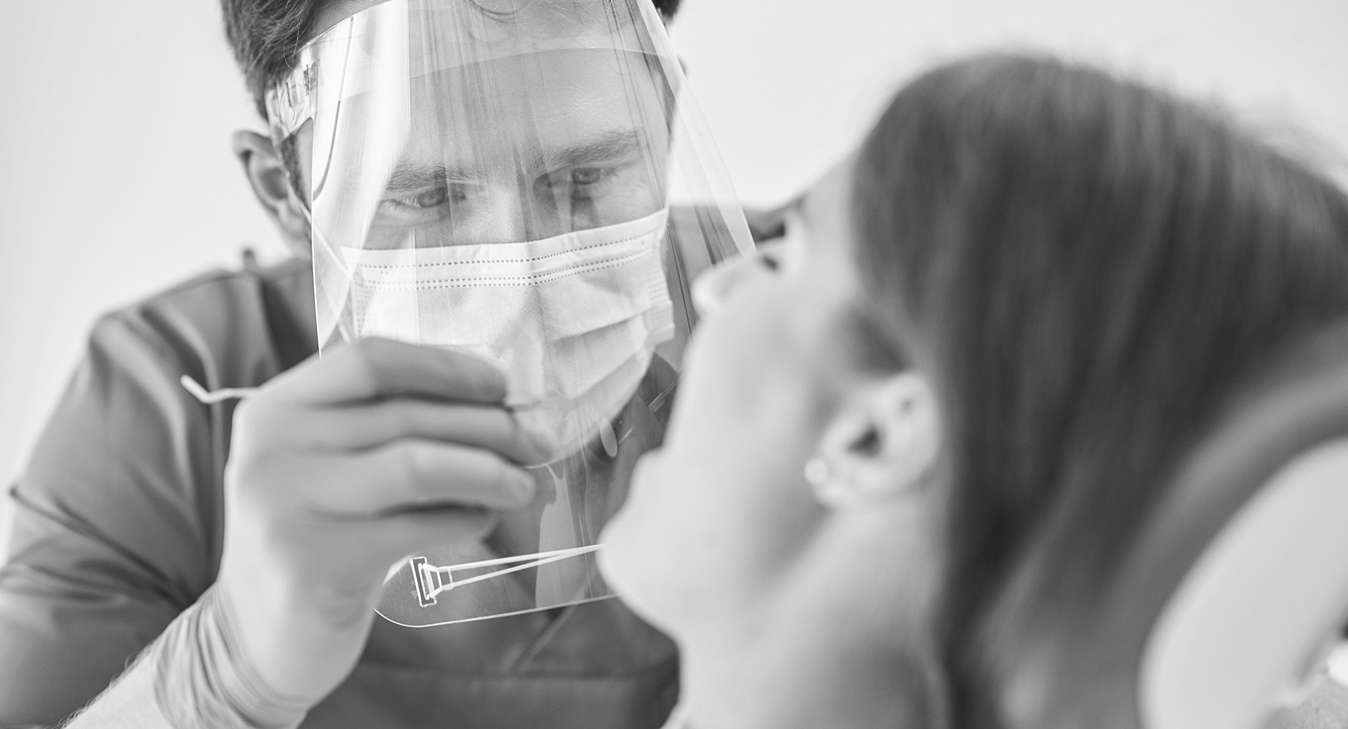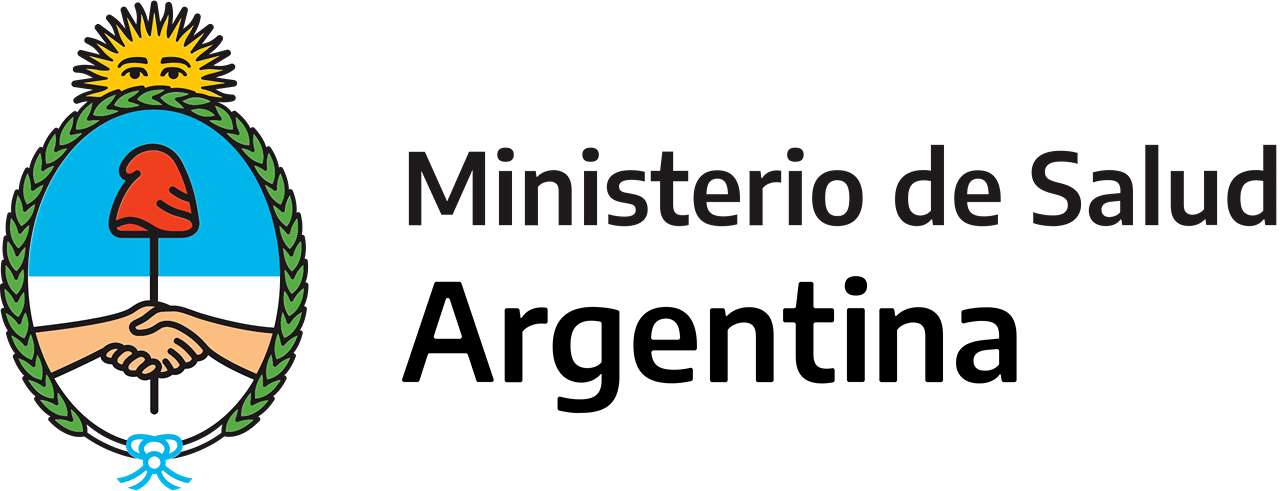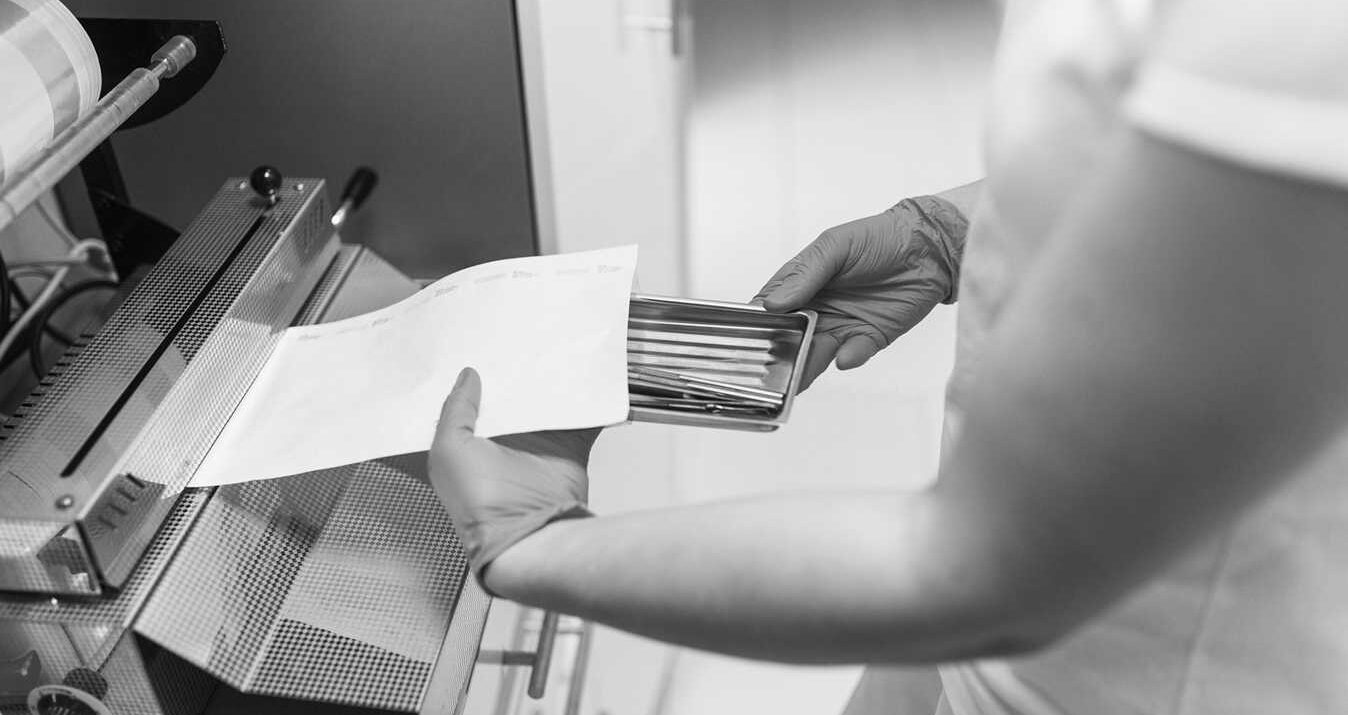Introduction. Into Safety.
As dental tourism grows, many people seek care abroad that’s both high-quality and more affordable. While cost can be a factor, your safety and oral health should always come first.
Accreditation plays an important role in helping clinics meet recognized quality standards. It offers reassurance that certain procedures and hygiene practices are in place.
This page offers clear, neutral information to help you understand what safety and accreditation can mean for your dental care abroad — so you can feel more informed when making decisions.
Why Accreditation is Important.
Accreditation helps ensure that dental clinics abroad meet established standards for safety, hygiene, and professional qualifications. It supports a patient-centered approach and helps create a reliable care environment. In this section, we explain how accreditation plays a role in assessing the quality of the clinics we list — so you can feel more informed when exploring dental care options abroad.


Ensuring Patient Safety.
At Teeth Traveler, we only collaborate with dental clinics that have been reviewed for their accreditations, certifications, and adherence to recognized standards in dentistry. This helps us connect you with clinics that prioritize professionalism, hygiene, and clear communication.
While we don’t provide dental care ourselves, we aim to support your journey by sharing information and referring you to clinics that align with our patient-centered values. The dentists and support teams in our network play a key role in that mission — putting care and quality into practice each day.
Safety and Quality Measures.
Many travelers and expats choose Argentina for dental care due to the combination of affordability and access to skilled professionals. The clinics we feature often emphasize high standards in both treatment quality and patient experience. In this section, you can explore how safety and quality are addressed by the dental practices we work with — and what that can mean for your care abroad.
Infection Control and Sterilization
Strong infection control is essential for safe dental care. Many of the accredited clinics we feature follow strict protocols — such as autoclaving instruments and using disposable materials — to help reduce the risk of infection.
If you’re visiting a clinic abroad, it’s okay to ask about their sterilization procedures or take note of hygiene practices during your visit. Being informed can help you feel more confident about your care.
Staff Training and Qualifications
Well-trained and certified dental staff are key to providing safe, high-quality care. When exploring clinics abroad, it’s helpful to look for professionals who hold recognized credentials and engage in ongoing education.
As a patient, you’re encouraged to ask about a dentist’s qualifications, licensing, and experience. This can support your confidence and help you make informed choices about your care.
Emergency Preparedness
The cleanliness and condition of a dental clinic — including its equipment and overall maintenance — can influence the quality of care you receive.
Many accredited clinics focus on keeping their facilities up to high standards. If you’re nearby, it can be helpful to visit in advance and ask about their maintenance routines or how often safety checks are performed. This can give you more insight into how the clinic operates.
Clinic Facilities and Environment
The physical condition of a clinic — from cleanliness to the use of modern equipment — can affect your overall care experience. Accredited clinics generally uphold high standards for their facilities.
If you’re able to visit the clinic in person, it can be useful to observe the environment and ask how often maintenance and safety checks are carried out. This can help you feel more informed and reassured about your choice.
Patient Communication
Good communication with your dental team helps ensure you feel informed and involved in your care. Many accredited clinics prioritize clear explanations and take time to provide pre-treatment information as part of the informed consent process.
As a patient, it’s important to feel comfortable asking questions and to make sure you understand the procedures, potential risks, and expected outcomes before moving forward.
Quality Assurance in Dental Clinics
Clinics that engage in continuous quality improvement show a commitment to maintaining high standards of care. This can include regular audits, staff training, and systems for collecting patient feedback.
When choosing a clinic, it may be helpful to look for those that take a patient-focused approach and actively use feedback to make ongoing improvements. This can give you a better sense of how closely they align with best practices in dental care.
Patient Support and Resources
Comprehensive support before, during, and after treatment can make a meaningful difference in your overall experience.
Clinics that frequently care for international patients often provide services like pre-travel guidance, on-site coordinators, and follow-up communication after treatment. Asking about these types of support can help you feel more confident and informed as you plan your care abroad.
Cost Considerations & Planning.
Lower treatment costs are a major reason people seek dental care abroad. More complex procedures — like full-mouth restorations — can offer significant savings, sometimes up to 65–70%.
However, these treatments require careful planning. From your travel arrangements to your treatment schedule, preparing thoroughly can help ensure a smoother experience from arrival to return.
Quality of Dental Clinics Abroad.
When exploring dental care abroad, it’s helpful to check whether a clinic follows recognized quality standards and uses evidence-based treatment methods.
Many accredited clinics work with experienced, specialized teams who take a comprehensive approach to care — from planning to aftercare. Some also offer remote consultations and, if needed, can securely share information with your local dentist to support continuity of care.
- Is information publicly available
- Is a Clinic Well-Rated on Quality
- Be sure dental staff is accredited
- Are dentists are oficially certified?

Accreditation in Argentina.
Dental accreditations help ensure that clinics meet established standards for quality and safety. They promote consistency across practices, which can be especially important when considering care abroad. Understanding how accreditation works can support you in making informed, confident choices when selecting a dental clinic.
Dental Clinic Verification Checklist.
Understanding accreditation is one thing — knowing how to verify it is just as important. In this section, we outline how to check a clinic’s credentials and what to look for when reviewing accreditation claims.
How to verify
To check whether a dental clinic is accredited, start by visiting the websites of recognized organizations such as the Joint Commission International (JCI) or Global Healthcare Accreditation (GHA). These sites list clinics and hospitals that meet their standards.
You can also contact the clinic directly and ask for copies of their accreditations. Make sure the documents are current and issued by a trusted authority.
Additional resources include directories from bodies like the International Society for Quality in Health Care (ISQua), which offer more insight into global accreditation standards.
Accreditation Listings
Online directories can be helpful when looking for clinics that follow recognized quality standards. Resources like the official websites of JCI, GHA, or ISQua allow you to search for accredited providers by location or specialty.
While listings on these sites suggest adherence to certain standards, it’s still important to review the details and verify that accreditations are current.
Professional Credentials
Verifying the credentials of the dentist who may perform your treatment is an important step in making an informed decision.
You can start by checking if the dentist holds a valid license to practice — this is often available on the clinic’s website or through national regulatory boards. Another option is to contact the country’s dental association or Ministry of Health to confirm their registration.
Dentists trained at recognized institutions in Argentina or internationally may also have additional qualifications that reflect their experience and commitment to professional standards.
Training and Certification
Ongoing education plays a key role in maintaining quality dental care. When considering a clinic, it’s reasonable to ask whether the dental team regularly participates in workshops, seminars, or advanced training courses.
You can also inquire about continuous professional development and any certifications held by the dentists — especially if you’re exploring specific treatments like implants or full rehabilitations.
Qualifications in areas such as implantology, cosmetic dentistry, or orthodontics from recognized institutions can offer insight into a dentist’s focus and experience.
Reading Reviews
Reading patient reviews can offer useful insights into the clinic’s quality and approach to care. Platforms like Google Reviews, WhatClinic, Yelp, or medical tourism forums often provide more balanced feedback than testimonials found on clinic websites.
Look for consistent mentions of staff professionalism, cleanliness, and communication. Negative reviews can also be informative — especially when you see how the clinic responds. A thoughtful, proactive reply may reflect a patient-focused attitude.
Trustworthy Sources
Platforms like Google Reviews and Yelp often feature firsthand feedback from previous patients. International sites such as Zocdoc and RealSelf can also offer useful insights into clinic experiences and service quality.
Social media and online forums may provide additional perspectives, including patient stories and advice. Reviewing feedback from multiple sources can help you get a more balanced view of a clinic’s reputation and approach to care.
Clinic Facility & Environment.
Beyond professional credentials, a reliable dental clinic should meet certain basic standards to help support safe care. In this section, we highlight some of these key areas. For more guidance on how to assess these aspects, you can explore our blog article that takes a closer look at what to consider during your search.
- Hygiene standards
- Modern facilities
- Proper ventilation
- Adequate practice lighting
- Equipment maintainance
- Clear dental protocols
- Regular safety audit logs
- Safe geographic location
Language & Cultural Barriers.
When receiving dental care abroad, clear communication with your dental team can make the experience more comfortable. Language barriers or cultural differences may influence how care is delivered and understood.
This section explores the value of choosing clinics that are familiar with working with international patients — and who have adapted their approach to support clear communication and patient comfort.
Did Your Clinic Adapted to Tourists?
Ask Your Question on Accredication
At Teeth Traveler, we’re here to share helpful information — not to offer medical advice. This article is for general informational purposes only and does not constitute medical advice, diagnosis, or treatment. Teeth Traveler is not a healthcare provider and does not offer medical services. The clinics listed on our platform operate independently and are responsible for the care they provide. While we aim to offer helpful guidance, readers are encouraged to consult directly with licensed dental professionals before making healthcare decisions or pursuing treatment abroad. No rights may be derived from the information provided on this page. For more details, check our disclaimer and terms of use.

